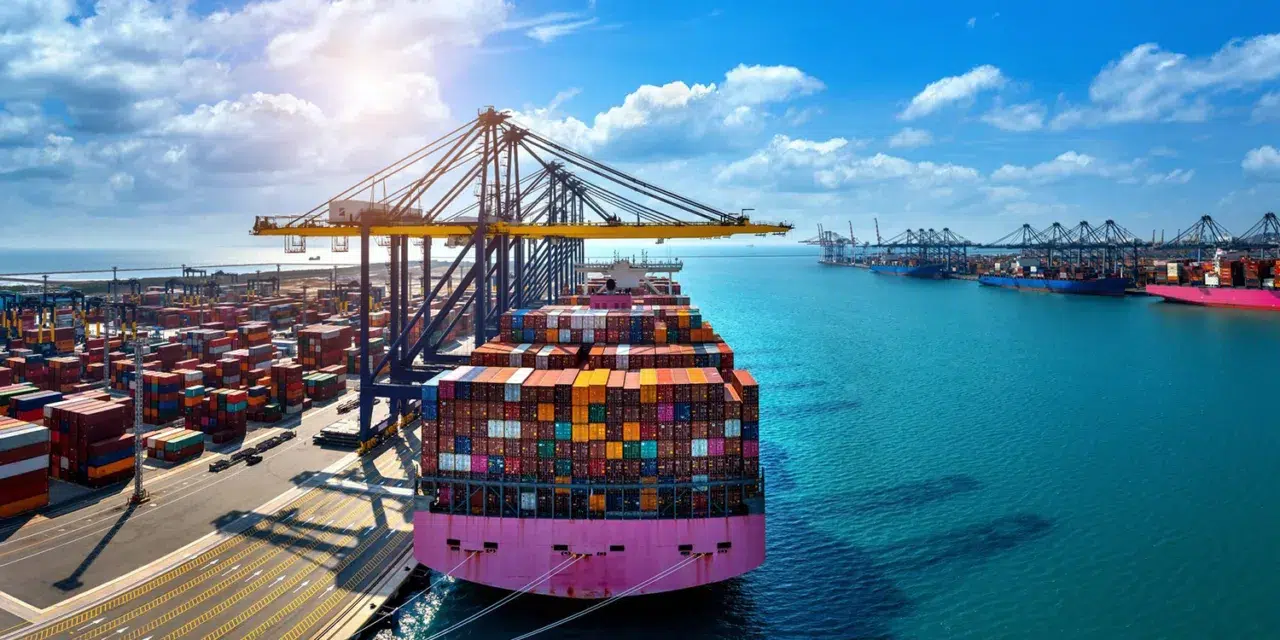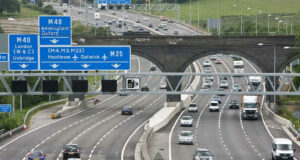From 31 January, as set out in the Border Target Operating Model (TOM), certain goods will be subject to full customs controls when moved directly from Irish ports to Great Britain.
This change will have significant implications for GB businesses, including new customs procedures and regulatory checks for importers. Many will now need to make import customs declaration at the point of entry, and delayed declarations will no longer be permitted.
Sean Turner, VAT Senior Manager at Menzies LLP says: “There are numerous steps businesses can take to familiarise themselves with the new import process ahead of the end of the month. Where the movement of goods to GB from Ireland or NI is involved, businesses using hauliers and other carriers should confirm whether the goods are qualifying NI goods, will need to obtain a GB Economic Operator Registration and Identification (EORI) number and must use the Customs Declaration Service (CDS).”
“If opting for Entry into Declarants Records (EIDR), authorisation for simplified declarations is required. For goods moving via Ro-Ro ports in GB from Ireland, customs declarations must be completed before departure, following Goods Vehicle Movement Service (GVMS) procedures. Finally, hauliers representing importers must register for the GVMS and provide a Movement Reference Number (MRN) for all lorries and trailers moving directly from Ireland.“
Sean continued “Businesses should be made aware that there are limited circumstances in which import declarations will be required for qualifying NI goods – these will be set out in upcoming Government guidance. In these instances, hauliers and drivers will need to provide commercial evidence and a travel document to show that the goods have only passed through Ireland.“
“With the deadline imminent, it is crucial for businesses to stay informed about evolving regulations, invest in the necessary infrastructure for compliance and, where necessary, explore alternative solutions to mitigate potential disruptions.”













